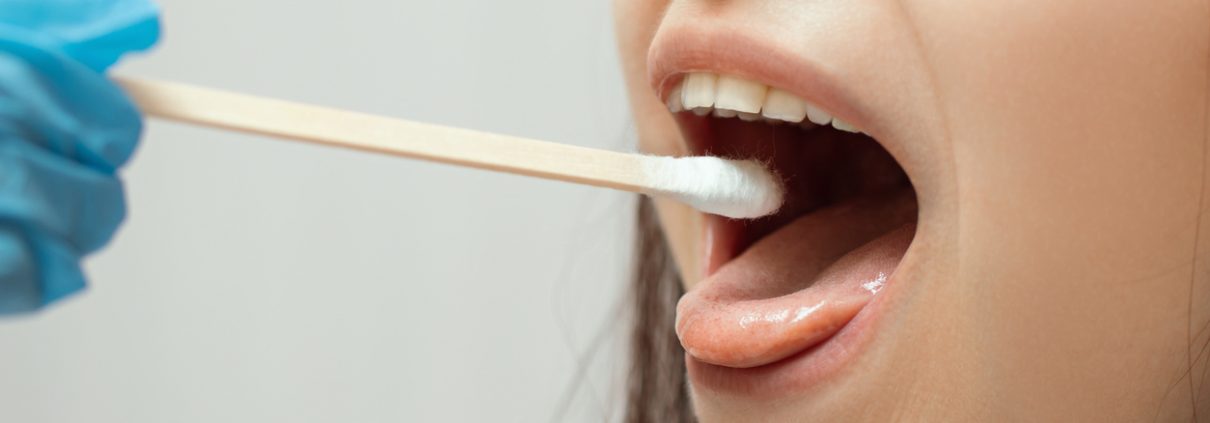The Benefits of Saliva
Saliva is a clear substance that is secreted by the six main glands in the mouth. It is the saliva that keeps the mouth moist when speaking. This transparent substance also helps digestion and is good for the digestive system. It is interesting to know that saliva is also useful for maintaining the health of the gums and teeth. Join us to learn more about the benefits of saliva.
- Eliminate oral contaminants: Bacteria, viruses, and yeasts accumulate in the mouth and attach to the gums, tongue, and teeth. These infections cause many problems for oral health. Saliva clears all of this from the inside of the mouth and sends it out of the body through the digestive tract.
- Protects the mouth, teeth, and gastrointestinal tract: Saliva neutralizes the acids in the foods and beverages we eat.
- Prevention of tooth decay: Toothache is a problem that even thinking about it can be awful. One of the benefits of saliva is that it protects the teeth against the acids in the mouth.
- Formation of healthy plaques in the mouth: The proteins in saliva lead to the production of a useful plaque in the mouth. Saliva first cleans the germs and lesions on the teeth and then covers them with a kind of plaque.
- Disinfection and healing of mouth ulcers: Lip biting or sores in the mouth are common. Another benefit of saliva is that it helps to heal these sores.
- Helps to digest food more easily: Amylase in saliva breaks down starch sugars into smaller portions to make them easier to digest in the stomach.
- Benefits of saliva for diagnosing the disease: Saliva in the mouth is essential. Dry mouth can lead to an imbalance in this area and affect a person’s health. If your mouth is dry and you do not have enough saliva, you must investigate the cause. Dry mouth can be caused by diseases such as Parkinson’s, diabetes, or immune disorders.
- Identify the person: One of the benefits of saliva is the ability to identify a person. DNA in oral tissue is also found in salivary tissue.
Saliva can increase for a variety of reasons. If you have an infectious disease, too much saliva will be secreted. Stress and anxiety, the use of new dentures, and pregnancy can also lead to increased salivation.
If you are taking certain medications, saliva secretion may increase. Drugs such as clonazepam affect the salivary glands and increase salivation. Bell’s palsy or nerve and facial paralysis, mercury, or arsenic poisoning, diseases such as syphilis, tuberculosis, and oral diseases are other causes of increased saliva. This method is used to identify the person in question.
There are several reasons for a decrease in saliva. One of the reasons for the decrease in saliva is the use of various drugs. If you have gastrointestinal problems or high blood pressure, taking medication can cause dry mouth.
Consumption of caffeinated beverages, smoking, and alcohol consumption is also effective in dry mouth. However, aging, respiratory problems, and dehydration can also cause dry mouth.

